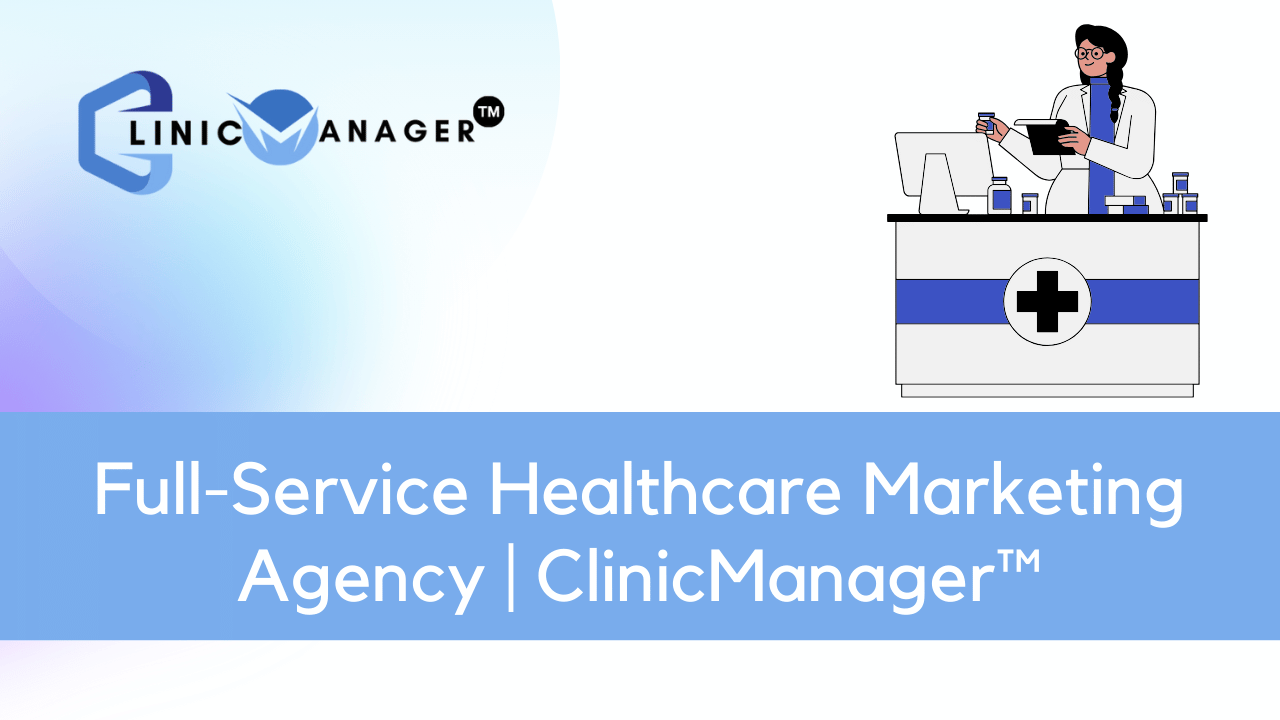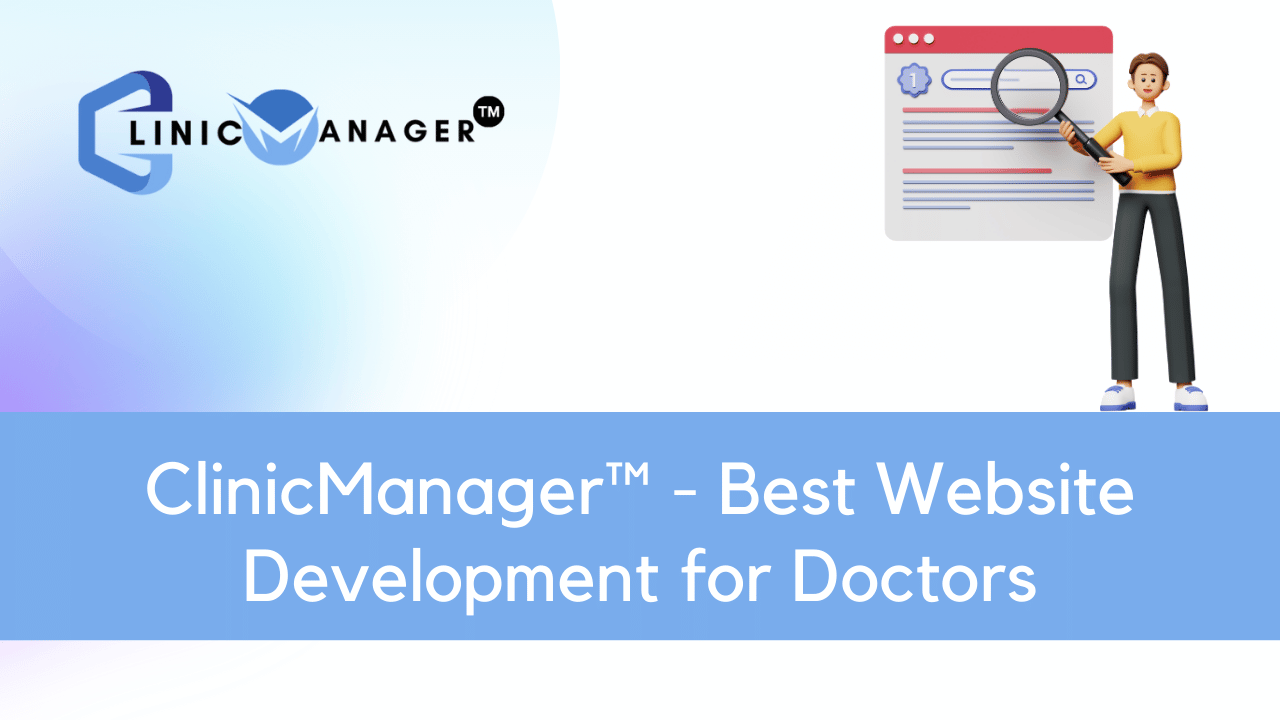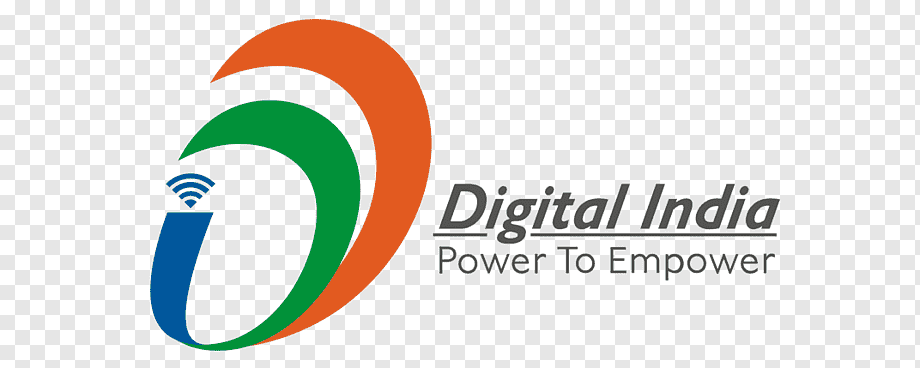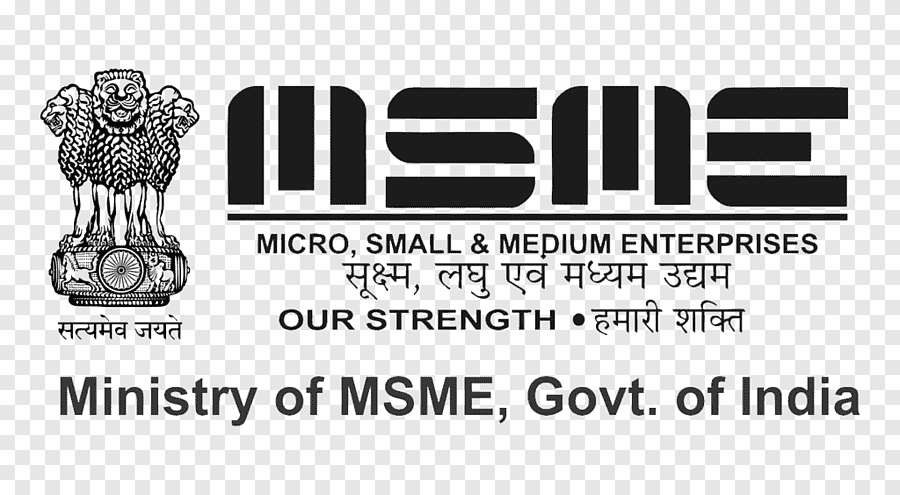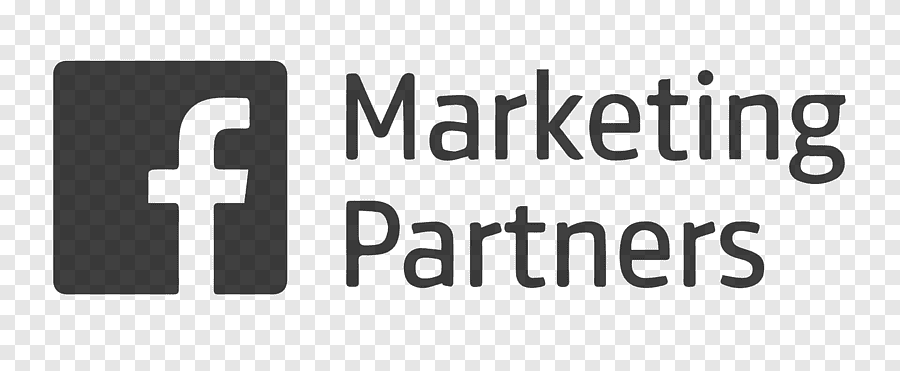Effective Communication In Healthcare Industry

Mastery of effective communications skills in a busy medical practice marketing is not limited to doctor-patient interaction. After all, only a fraction of the patient’s time in a typical office visit is with the provider. And the majority of their time is with…everyone else.
Verbal communication skills are particularly vital to every face-to-face encounter. Virtually everyone in the office needs to be at the top of their game—in all manner of communications—with patients, family members, professional colleagues, and fellow staff members.
For one thing, being an excellent communicator—being able to clearly express ideas or information—is an attribute of leadership and success. Excellence in communications among all medical professionals tends to:
- Reduce errors
- Boost productivity
- Increase job satisfaction
- Contribute to morale and culture
- Create self-satisfaction
- Influence professional reputation
- Shape expectations of others
- Facilitate internal marketing
- Enhance the patient experience
And without these skills, job satisfaction and advancement opportunities can be limited.
The skills of highly effective communicators…
Be listening…not just hearing. Excellence in communications—and formulating an appropriate response—begins with actively listening and having a clear understanding of what’s being said. Use questions, re-state or paraphrase in order to validate what you’ve heard.
Be empathetic. Demonstrate respect for the other person’s feelings and point of view. Empathy shows an understanding of the other opinion, even when you hold a different perspective.
Be friendly. Assuming a kind and positive attitude disarms competitiveness that might otherwise filter or derail understanding. Communicators assume a warm tone of openness and sociability.
Be focused and clear. Messages that are brief, plain, and direct—presented in non-technical language—are more easily understood.
Be confident. Information presented with firm authority engenders trust and respect. (But not at the expense of empathy and respect for others.)
Be enthusiastic. The proper amount of personal energy (depending on the circumstances) shows conviction and energizes the subject matter. Enthusiasm and passion are contagious.
Be extremely well informed. Good communicators, who are well informed about their subject matter, are respected as experts. (If you’re not well informed, study up, but don’t try to fake it.)
Some great communicators seem to have a natural talent and seem to do it effortlessly. In conversation, in public speaking, or in writing, communicators seek to understand and to be understood. And their unspoken secret is that good communicators become great communicators because they regularly practice these and other techniques.
Barriers to Communication in Health Care
Communication is foundational to all layers of the healthcare system, but it’s often problematic. Fortunately, professionals in this field can take steps to overcome many common barriers to effective communication in health care.
Patient Distrust and Discomfort
At the patient-provider level, patients may not feel comfortable disclosing sensitive information, such as substance misuse or sexual dysfunction, to their care providers.
Patients withhold medical information for many reasons:
- They feel intimidated by their provider.
- They believe their provider won’t listen to them.
- They feel disrespected by the request to disclose.
- They question medical advice in general.
- They struggle with physical or psychological trauma.
Common Language Barriers
Patients often have difficulty communicating needs or symptoms when their provider does not speak their language or when the healthcare organization has not supplied an interpreter.
Healthcare organizations that don’t prioritize culturally competent care (including the use of interpreters to bridge communication gaps between patients and providers) fall short in delivering adequate support to their communities.
Providers Stretched Too Thin
Skillful communication enables healthcare providers to establish rapport with their patients, solicit crucial health information, and work effectively with all members of a care team and the public. However, a packed clinical workday often requires providers to rush from appointment to appointment — resulting in conditions in which communication can easily get lost in the shuffle.
Doctors, nurses, and other healthcare workers who come across as cold or aloof damage the patient-provider relationship. Providers who signal disinterest or distraction when talking with patients may lose the goodwill and trust of the very people they seek to help.
Fortunately, evidence-based strategies for communication in health care can keep communication streamlined. Even a few extra minutes of communication can result in more efficient healthcare delivery for all.
Mismanaged Healthcare Files
With the growing amount of healthcare data, care teams have expanded in number and reach. Dozens of doctors, nurses, administrators, and other medical professionals at a hospital may all need to read a single patient file — opening the door to potential miscommunications that can affect treatment.
Providers and administrators need to work hard to ensure that healthcare information stays confidential, accessible only to the necessary parties of a care team. Controlling how many individuals can access confidential patient information helps healthcare teams communicate accurately and clearly and limits misunderstandings or communication breakdowns.
Why Is Communication Important in Health Care?
Healthcare leaders understand that effective communication in healthcare organizations starts with recognizing the importance of listening to one another.
Collectively, medical professionals have a wealth of knowledge and expertise. That wellspring goes untapped when providers rush from one appointment to the next without allowing themselves time to listen and communicate effectively with patients, when patients feel unsafe, when care teams store medical information improperly, or when health organizations fail to employ interpreters for cross-cultural communications.
Skillful communication is essential to health care. Clear, honest communication between patient and provider paves the way for accurate diagnoses and treatment decisions. Similarly, clear, confidential communication between members of a care team (which often includes patients and multiple providers) results in swiftly and ethically delivered care without breaching confidentiality.
Providers can help patients feel heard, ease their fears, and encourage them to disclose relevant information. For example, a patient who feels embarrassed about a pubic rash will likely feel more safe mentioning this to a provider who they know will treat them with compassion and a professional demeanor.
In addition, every person deserves to understand the medical care they receive. That means that healthcare organizations may need to do better to train and hire interpreters so that patients can give their informed consent to treatment.
Strategies for Effective Health Communication
To overcome the many barriers to effective health communication, consider the following recommendations.
Sit Down and Be Humble
Studies show that when a patient and their provider are seated during office visits and hospital check-ins, the two parties can build trust more easily. When a provider sits down to talk with a patient, the patient perceives the visit to be longer and more intimate. This can quell patient anxiety about communication.
Ask Open-Ended Questions
Patients often feel uncomfortable voicing their concerns, even after a few minutes of empathetic conversation. Doctors and other care providers should ask whether patients have more to say. Ask patients some variation of “Is there something else you’d like to talk about today?” Doing so can create space for patients to reflect and voice concerns they might not have mentioned otherwise.
The “BATHE” technique guides providers to ask patients questions that solicit more information and develop rapport.
- Background: Ask a patient about their present situation. “What is going on in your life?”
- Affect: Ask your patient how they are emotionally relating to their health concern. “How is it affecting you?”
- Trouble: Ask your patient about what they are worried about or what they foresee as obstacles. “What troubles you most about the situation?”
- Handling: Ask your patient about how they are dealing with their situation. “How have you been handling this so far?”
- Empathy: Show patients you are listening; reflect back what you hear them saying about their feelings. “That sounds [frustrating, confusing, difficult, satisfying, etc.].”
Communication in health care gets easier when we all ask questions and prepare to listen.

Speak in Plain Language
Providers should avoid medical jargon, where possible, and instead rely on plain language to communicate with patients. Where jargon is appropriate, providers should always define the medical language clearly (e.g., “This stethoscope is a device for measuring heartbeat”).
Speaking in plain language communicates to patients that providers care about having a two-way conversation with them, rather than just delivering a monologue.
Keep Communications Confidential
An entire hospital wing may be able to access a patient’s file, but that does not mean they should. Limit access to individual case files to only the members of the patient’s care team. Refrain from casual discussion of patient issues with anyone outside the team.
Hire Interpreters and Culturally Competent Staff at Every Level
Healthcare settings should be safe spaces for people who need treatment — not environments that tolerate racism, xenophobia, classism, homophobia, transphobia, sexism, or other forms of discrimination.
Healthcare organizations should hire interpreters as needed to ensure that all patients can communicate effectively. For every patient, hearing and being heard by healthcare providers is a basic right, essential to culturally competent and effective treatment. Interpreters help ensure healthcare organizations recognize and fulfill this right.
Communicate Like a Leader in Healthcare Settings
With so much at stake, communication in health care is a serious priority. As such, health care needs leaders who recognize the importance of communication.
Tulane University’s Online Master of Health Administration prepares you for a career in healthcare leadership. Be the change you want to see in health care and learn more about how to improve health care from the inside, with better communication and better treatment.
ClinicManager A Brand By Top Technology And Marketing Agency


